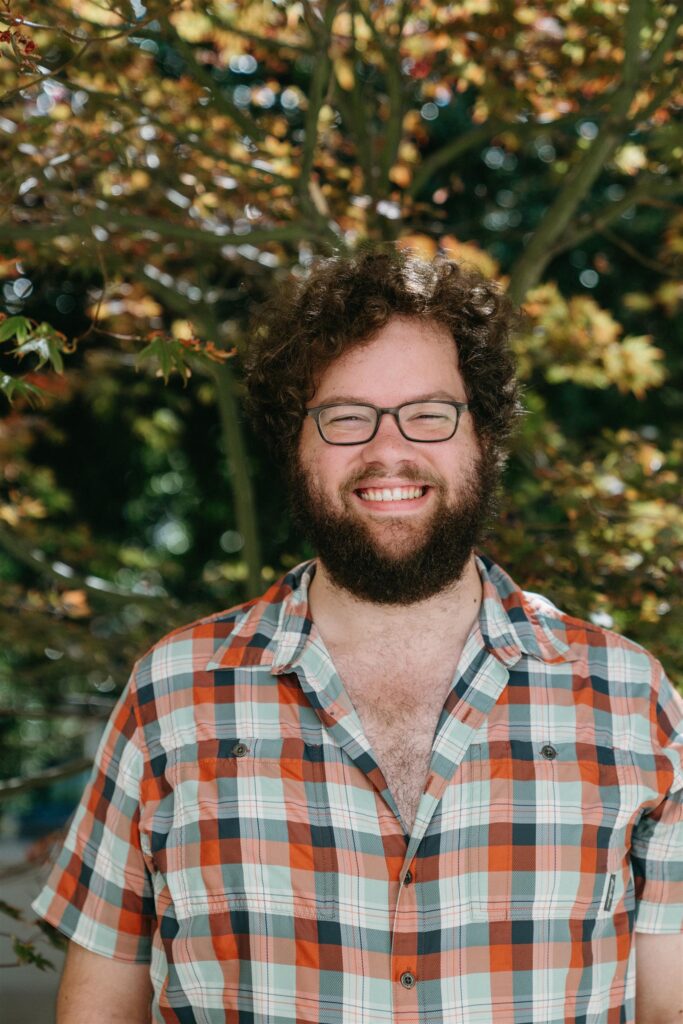
- This event has passed.
ALBERT CAMUS: THE PLAGUE AND THE ABSURD HERO
$265
Readers generally considered The Plague, published in 1947 (and a large factor in Camus receiving the Nobel Prize for literature a decade later), to be a superior metaphorical novel about life during wartime and Nazi occupation. As we learned in 2020, it was also a pretty accurate look at how humans react to life during a real pandemic. Throughout the novel – and most of his work – Camus tries to complete the portrait of a man heroic enough to live through every day as fully as possible, regardless of the pain, strife, and fear that living inevitably brings.
In our time together, we’ll build a portrait of this “absurd hero” through his most famous philosophical work, “The Myth of Sisyphus,” followed by The Plague. We will also read a few short pieces by his contemporaries, including Sartre’s No Exit. How does a person live in a world that, at best, seems disconcertingly indifferent to humans? Famously, in The Myth of Sisyphus, Camus borrows Nietzsche’s interpretation of Oedipus, rendering a portrait of endurance even in the most extreme circumstances: “‘I conclude that all is well,’ says Oedipus, and that remark is sacred.”
Assignments:
Week 1: “The Myth of Sisyphus” (pp.494-561)
“The Iliad, or the Poem of Force” by Simone Weil
Week 2: “The Myth of Sisyphus” (pp. 562-605)
Week 3: The Plague Part I (pp.1-59), No Exit by Jean Paul Sartre
Week 4: The Plague Part II (pp. 60-148), “Reflections on the Guillotine” (pp. 609-656)
Week 5: The Plague Part III-IV (pp.148-206) “The Artist at Work” (pp. 427-455)
Week 6: The Plague Part IV-end (pp. 206-272)
Texts:
The Plague, The Fall, Exile and the Kingdom, and Selected Essays by Albert Camus (Everyman’s Library).
No Exit and Three Other Plays by Jean Paul Sartre.
All other texts provided by instructor.
Access Program
We want our writing classes and seminars to be accessible to everyone, regardless of income and background. We understand that our tuition structure can present obstacles for some people. Our Access Program offers writing class and seminar tuitions at a reduced rate. Most writing classes have at least one access spot available.
Please apply here for access rate tuition. Contact Susan Moore at susan@literary-arts.org if you have questions.
Liaison position
Every in-person class and seminar at Literary Arts has one liaison position. Liaisons perform specific duties for each class meeting. If you are a liaison for a class or seminar, the full amount of your tuition is covered by Literary Arts.
Apply here for the liaison position.

Andrew Maxwell
Andrew Maxwell is a writer and educator based in Portland, Oregon who has been teaching in classrooms the better part of a decade. He holds masters degrees in Secondary Education and Liberal Arts from Lewis and Clark College and St. John’s College respectively and a bachelors in English Literature with a minor in Classical Greek with a focus on ancient comparative literature. His short fiction and nonfiction can be found in literary magazines like 4’33 and Jenny Magazine.


